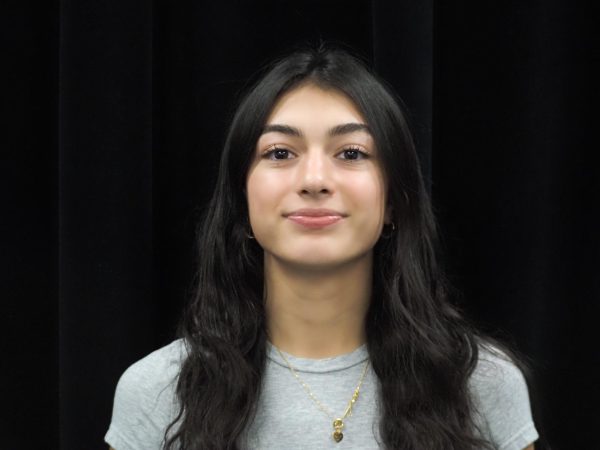OPINION: Why learn what we will “never use again”
October 26, 2022
There are several times when I am sitting in class, and I hear students asking our teacher the same, canned line.
“Why are we learning something that we will never use again?”
For the longest time I would ask myself this question, too. Why learn something you will most likely never need to use again? Many kids ask this question about math more than any other subject. The reason for this is because math involves equations that can be complicated, and not everyone chooses a career path involving mathematics after high school. This is especially true when it comes to equations like the quadratic formula, slope, and others.
So why do we learn difficult math equations that we will most likely never need? Well, in all fairness, we need to challenge our brains somehow. We need to know how to problem-solve and how to react when receiving challenging problems. This goes for all school subjects, certainly, but it definitely applies to math. If we only stuck to the basics of math which is learning how to divide, multiply, subtract and add, we wouldn’t be able to learn anything new.
Some students also have an answer to this ongoing question, too. And their response is a little more skeptical than mine.
“I don’t think we should overuse our brains on things we’re not going to use in the future,” sophomore Matina Yannoulis said. “Instead, we should challenge our brains on things we are going to use.”
You might hear a lot of other students say the same thing about learning things we might not necessarily need in the future.
“I think the things we learn will be useful [in] some way or another but we should be spending more time teaching ourselves more about real world stuff,” senior Leena Abu-Alrob said. “Stuff like how to pay bills, paying taxes, buying a home and more. We should continue learning what we do now but focus more on the things we will really need.”
Colleen Lea is a math teacher and golf coach at Elk Grove. She has been teaching math for 10 years here at Elk Grove High School and 12 years all together.
“Math teaches you problem solving,” Lea said. “It teaches you how to react when you don’t know the answer. Do you know another way to solve this problem? Do you have other tools in your tool box that you learned before that you could use here?”
Some students may argue that what they want to do after high school doesn’t involve math. That’s where some teachers might disagree.
“Almost every occupation deals with some sort of math,” Lea said. “Right now you may have an idea of what you want to do, and maybe you have no idea, so we teach you all the skills that you may use. Once you figure out what you want to do, in college or in trade school, you will learn the exact math that you will need for your profession.”
Sure, there will still be some conflict between students and teachers on this topic. Although math can be frustrating and difficult, it is always good to know some of it. You may think that you want to go into something after high school that doesn’t involve math at all, but it’s good to know how to do the subject just in case.
Plus, think of some instances where English teachers, history teachers, physics teachers and more grew up hating the subject they teach.
It is a good thing to learn something, even if it’s almost certain you might never use it.





